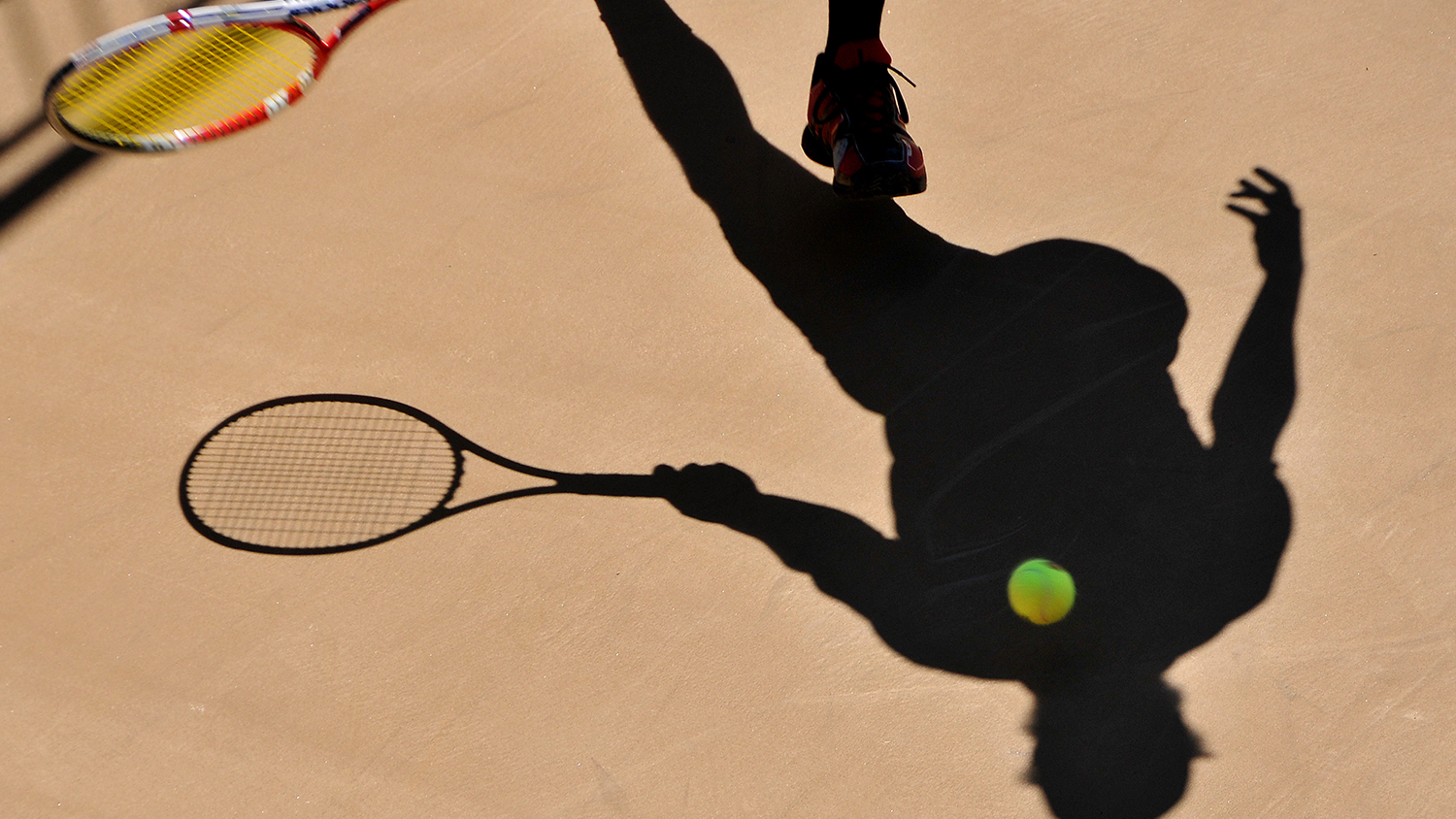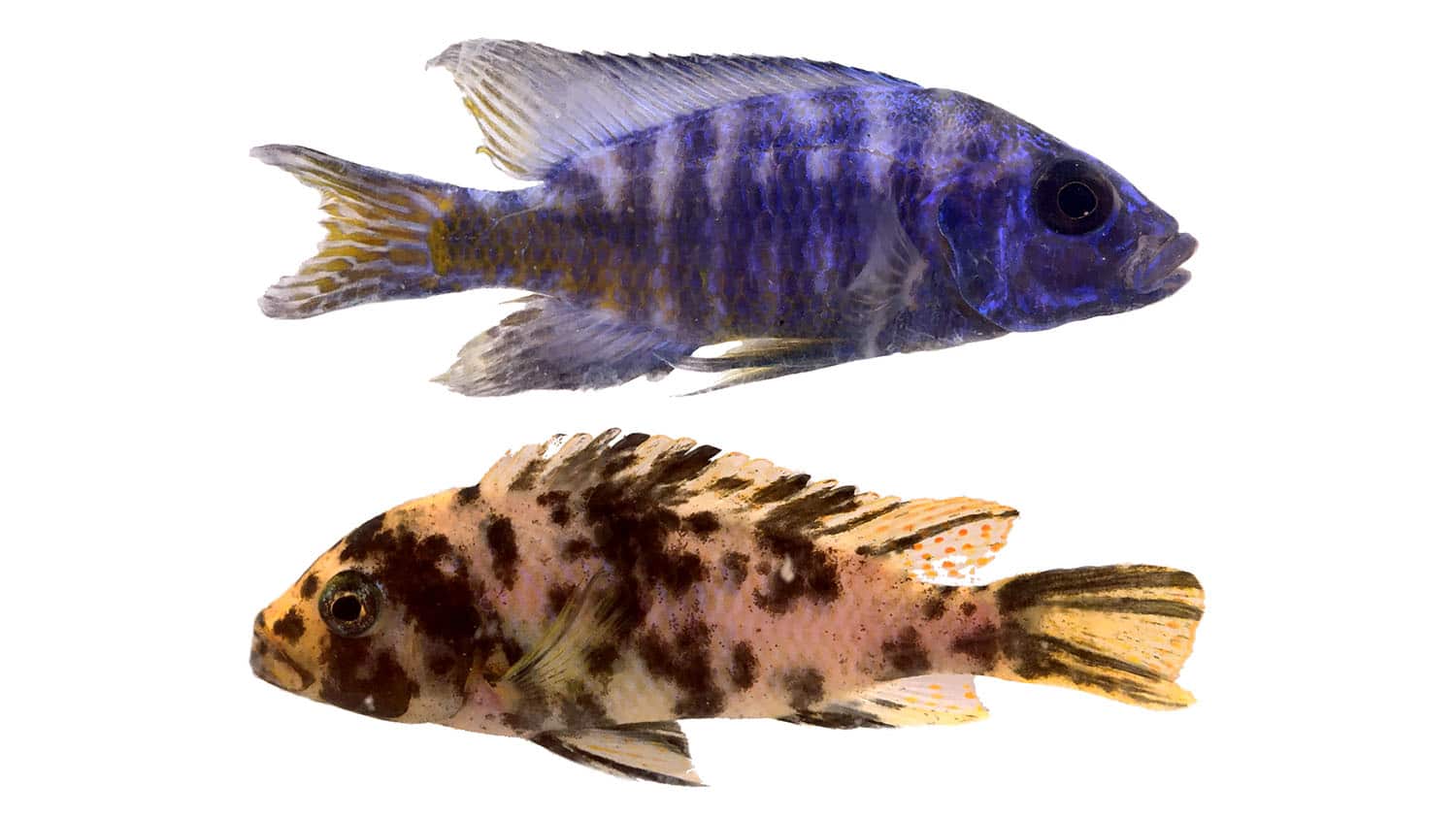NC State Plays Role in Development of New Sport Impact Tool

For Immediate Release
Parents and high-school athletes looking for information on the benefits and risks of various sports now have a new interactive tool to help them make informed decisions about which sports might help athletes achieve personal, physical and developmental goals.
The new Healthy Sport Index ranks the 10 top high school girls’ and boys’ sports, based on research into their levels of physical activity, safety and psychosocial impacts. The index also suggests complementary sports that may help high-school athletes develop relevant skills while keeping them in good physical condition.
A product of the Aspen Institute Sports & Society Program, the index is tunable, allowing parents and students more interested in specific impacts – safety, for example – to place greater weight on those impacts. So boys’ tennis, the top boys’ sport for safety in the list, may be more appealing to those concerned with safety than soccer, which is 7th on the safety list.
North Carolina State University researchers worked with the Aspen Institute to provide analyses on the physical activity levels of each of the sports.
Michael Kanters, professor of parks, recreation and tourism management at NC State and member of the Healthy Sport Index advisory board, said he and NC State colleagues partnered with the N.C. High School Athletic Association to gain access to high schools from every region of North Carolina.
The NC State team recruited and trained high school teachers to follow sports teams for an entire season – from the first week of practice to the end of the season – to monitor player physical activity. Observers used an iPad and a specially designed app to record observations of athletes’ physical activity levels (sedentary, moderate, vigorous) and the context of the activity (e.g., game simulations, skill practice, teaching specific skills or procedures).
“A sport like cheerleading really surprised us, because we thought it would rank higher on the physical activity scale,” Kanters said. “But observers noted a lot of sedentary activity while squads discussed different ways of performing cheers.” Cheerleading ranks 10th out of 10 girls’ sports in physical activity on the index.
Observers transmitted student physical activity every week, providing NC State researchers with real-time data to monitor variations or anomalies.
“The point is to keep kids moving to combat the obesity epidemic,” Kanters said. “Sports are still an important platform to facilitate more physical activity for children.”
Kanters said that the tool’s ultimate goal is to provide valuable information on sports while avoiding value judgements.
“We want parents to have more information when deciding which sports may be appropriate for their children, and to help alleviate their concerns about injury, for example,” he said. “We also want parents to have real conversations with their children about what high schoolers want to achieve by playing a sport. Finally, we want to minimize sport specialization – or playing just one sport all year. That’s why the complementary sport suggestions are there – to build similar skill sets that encourage participation in multiple sports or in sports that you can play for a lifetime.”
Faculty members Mike Edwards, Jason Boccaro and Jonathan Casper, along with Ph.D. student Troy Carlton, were part of the NC State research team.
– kulikowski –
- Categories:


